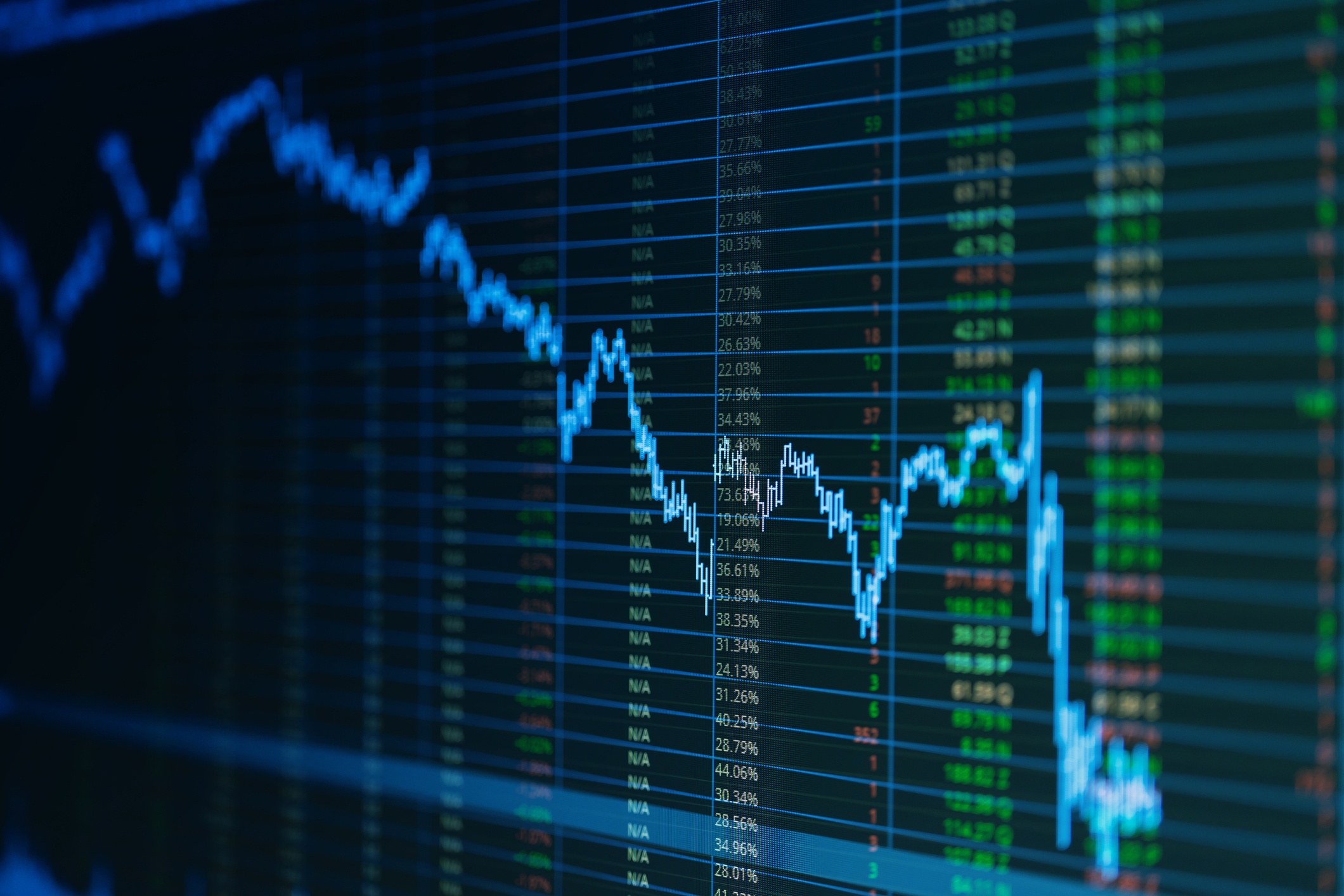SOUTH Africa’s stock market rose to a record high as prospects of interest-rate cuts combined with a global rally in risk assets.
The FTSE/JSE Africa All Share Index increased as much as 1.1% by 11:18 a.m. in Johannesburg, the highest level in data going back to July 1995. The benchmark gauge has climbed for the past four days, the longest advance in about three months. The banking stocks were among the leaders, with the share prices of Standard Bank and FirstRand also soaring to all-time highs.
“With imminent interest rate cuts and declining global inflation, we have seen renewed interest in the rand and the stock market, and we think valuations look very attractive, especially in domestic sectors like the banks,” said James Johnstone, co-head of emerging and frontier markets at Redwheel.
Higher commodity prices, especially for precious metals and the impact on PGM miners like Goldfields and Impala, are also helping the bullish mood, according to Johnstone.

Historically, South African shares have performed well following elections. The outcome of this year’s ballot brought an extra boost after the ruling African National Congress entered into a coalition government that included the Democratic Alliance, perceived by investors as business-friendly.
Since the vote on May 29, South Africa’s stock market has returned 7.8% in dollar terms to investors, placing it among the top 10 primary equity indices worldwide during this period, according to data compiled by Bloomberg.
Meanwhile, the rand gained for a ninth consecutive day on Friday, its longest winning streak since 2011, making it the best-performing currency globally.
“We are very positive on South Africa,” Johnstone said. “We have been very pleased to see how events have unfolded. Even before the election result, Eskom managed to reduce load shedding dramatically, and now we have seen over 140 consecutive days of uninterrupted power.”

